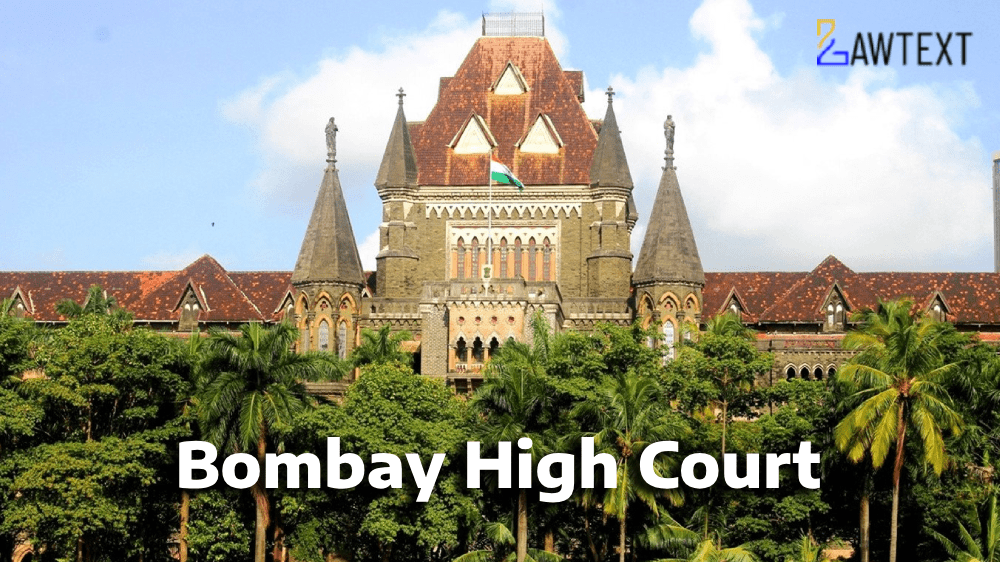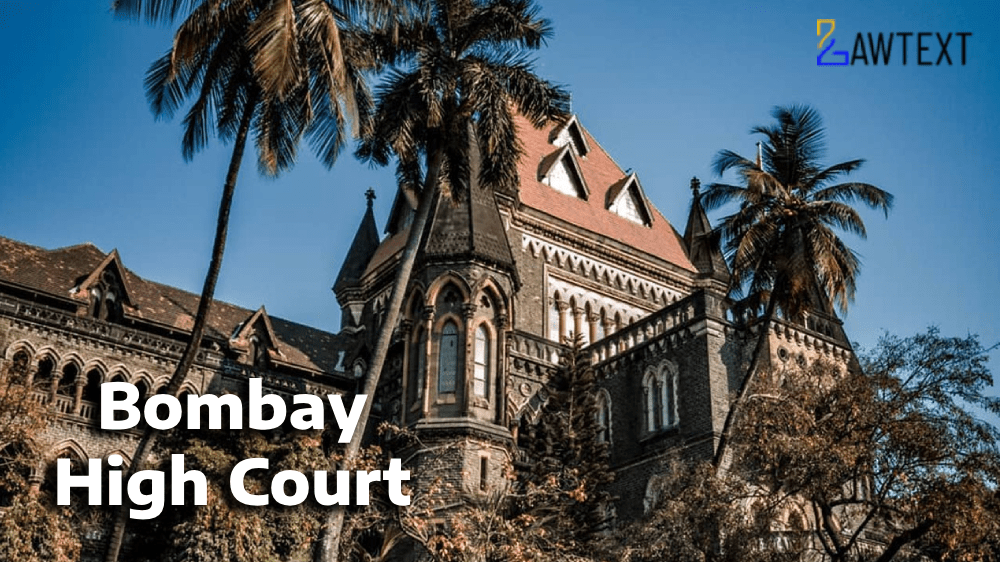Case Note & Summary
The appeals challenge the trial court’s judgment determining the shares of various parties, focusing on whether the properties are ancestral or self-acquired and the application of the amended Section 6 of the Hindu Succession Act, 1956. The main issues include the nature of the properties, the distribution of shares among legal heirs, and the burden of proof required to establish whether properties are ancestral or self-acquired.
Introduction Appeals arise from the common judgment dated 9th January 2015 in Regular Civil Appeal Nos. 97 and 115 of 2013. Regular Civil Appeal No. 97 filed by original Plaintiff Nos. 1 to 3; Regular Civil Appeal No. 115 filed by original Defendant Nos. 7 and 8. Appeals challenge the judgment and decree dated 5th March 2013 by the Trial Court in Regular Civil Suit No. 132/2010 determining shares in suit properties. Factual Matrix Regular Civil Suit No. 132/2010 filed by Plaintiffs against Defendant Nos. 1 to 3 for partition and possession of property at Mauje Kashidwadi. Suit amended to include properties at Mauje Padali and to implead legal heirs of deceased brother Arvind and sister Indira. Plaintiffs claimed suit properties were owned by Purshottam Govind Inamdar who passed away in 1971. Defendants claimed that properties were already partitioned in 1981. Trial Court Findings Trial Court framed issues regarding the nature of properties and shares. Held that properties were joint family properties. Determined shares as 1/18th each for Plaintiffs, 7/18th for Defendant No. 1, 7/18th collectively for Defendant Nos. 4 to 6, and 1/18th collectively for Defendant Nos. 7 and 8. Appellate Court Findings Appellate Court preferred two appeals (Regular Civil Appeal Nos. 97 and 115 of 2013). Held that there was no necessity to frame the issue of property nature. Declared properties as self-acquired and distributed shares equally among the parties. Substantial Questions of Law Second Appeals admitted on the following questions: Whether the finding that properties were self-acquired is based on misreading evidence? Whether Plaintiffs discharged the burden of proving properties were self-acquired? Whether courts properly interpreted amended Section 6 of the Hindu Succession Act? Submissions Mr. Kulkarni (for appellants): Argued properties were ancestral, not self-acquired. Cited evidence supporting the ancestral nature of properties. Referenced relevant judgments. Mr. Talkute (for respondent Nos. 1 to 3): Argued properties were self-acquired. Highlighted lack of specific pleadings about ancestral nature in the plaint. Referenced cross-examination admissions. Analysis Genealogy confirmed. Initially suit sought partition only of Kashidwadi property; later expanded to include Padali property. Trial Court framed issues regarding the nature of properties; Appellate Court overlooked this. Key Judgments Referenced Ganduri Koteshwaramma vs. Chakiri Yanadi Prakash vs. Phulavati Danamma vs. Amar Badrinarayan Shankar Bhandari vs. Omprakash Shankar Bhandari Vineeta Sharma vs. Rakesh Sharma ConclusionThe appeals question whether the properties are ancestral or self-acquired and the correct application of the amended Section 6 of the Hindu Succession Act in determining the shares of the legal heirs. The key issues revolve around the interpretation of evidence and the legal provisions governing succession and partition.
Establishment of Padali Property as Ancestral Evidence and admissions from both plaintiffs and defendants confirm Padali property is ancestral. Dispute Over Kashidwadi Property Defendant Nos. 1 to 3 claim it is joint family property. Defendant Nos. 7 and 8 assert it is self-acquired by Purshottam. Plaintiffs are unsure about the nature of Kashidwadi property. Legal Principles and Burden of Proof There is no presumption that property is joint family property due to the existence of a joint Hindu family. The party asserting joint family property must prove a joint family nucleus. The burden then shifts to those claiming self-acquired property to prove the same. D. S. Lakshmaiah vs. L Balasubramanyam case reinforces this principle. Application of Legal Principles to the Case Defendant Nos. 1 and 3 failed to prove Kashidwadi property was purchased from joint family income. Kashidwadi property is deemed self-acquired by Purshottam due to lack of contrary evidence. Shares in Ancestral and Self-Acquired Property Determination of shares based on Vineeta Sharma vs. Rakesh Sharma. Daughters have equal rights in coparcenary property post-2005 amendment, but the daughter must be alive on 9th September 2005 to claim these rights. Determination of Shares in Kashidwadi and Padali Properties Kashidwadi Property: Plaintiffs and Defendant No. 1: 1/6th share each. Defendant Nos. 4 to 6 collectively: 1/6th share. Defendant Nos. 7 and 8 collectively: 1/6th share. Padali Property: Plaintiffs and Defendant No. 1: 7/36th share each. Defendant Nos. 4 to 6 collectively: 7/36th share. Defendant Nos. 7 and 8 collectively: 1/36th share. Conclusion The evidence confirms Padali property is ancestral and Kashidwadi property is self-acquired. Shares are determined based on these findings and applicable legal principles. Interim Applications Application under Order 41 Rule 27 of CPC to produce the death certificate of Indira is allowed. Other interim/civil applications are disposed of following the resolution of the main appeals.
Issue of Consideration: Kamlakar Purushotam Inamdar Ors. Versus Smt. Rajani Shriram Madiwale Ors.
Premium Content
The Issue of Consideration is only available to subscribed members.
Subscribe Now to access critical case issues





